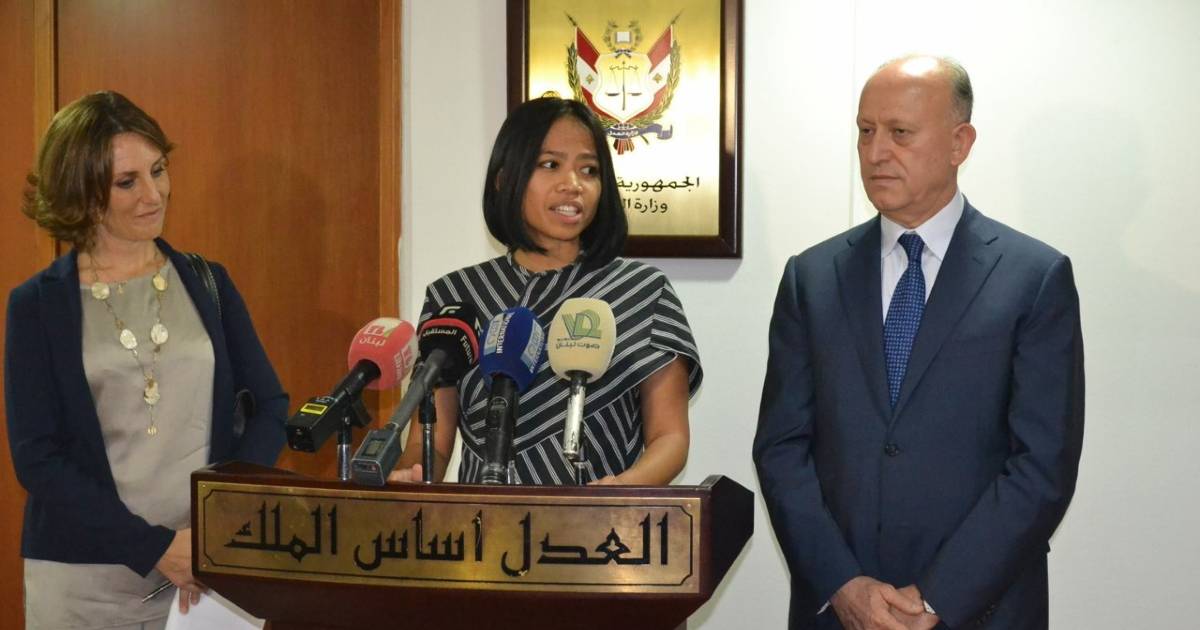
Exploring the global mobility of Australia Awards alumni
Research 13 Apr 2021 7 minute readA new case study explores the extent to which alumni of Australian development scholarships move away from their home countries after completing their award, and their subsequent contributions and outcomes.
The Australia Awards’ overall objective is to help ‘partner countries progress their development goals and have positive relationships with Australia that advance mutual interests’.
Numerous case studies conducted by the Australia Awards Global Tracer Facility (GTF) over the past five years have shown that alumni of the Australia Awards and predecessor development scholarships are highly qualified and motivated individuals whose skills and experiences are widely sought after by employers across the globe.
The GTF’s latest case study investigates the pathways of ‘mobile alumni’– alumni who for a variety of reasons have moved from their country of origin and are now living abroad – and the extent to which they are able to continue to make contributions to sustainable development and support cooperation and partnerships with Australia organisations. GTF data has found that group represents 7 per cent of Australia Awards alumni.
To better understand the pathways of mobile alumni and their motivations, the Facility interviewed 10 alumni from a broad range of countries and sectors. Six of these alumni currently live and work in Australia, and four live and work in a third country.
The journeys of the alumni interviewed shed light on not only the choices alumni have made, but also on the lack of choice in some situations that have resulted in them living away from their home country. Based on this research, the motivation for alumni to move can be categorised into three themes:
- Moving for work
- Moving because of political disruption
- Moving for family
The case study found that before moving abroad a number of alumni made significant contributions in their country of origin through capacity building at the organisational level through training and mentoring of colleagues, and through policy reform and implementation in areas such as food security, and migrant worker labour rights.
The study also found that despite leaving their country of origin, mobile alumni are achieving all four of the long-term outcomes of the Australia Awards through contributions to development, cooperation with Australia, partnerships with Australia, and positive views of Australia.
For example, Indonesia alumna, Ms Fitriana Nur, is currently based in Juba, South Sudan, where she is Head of Migration Management at the UN International Organization for Migration (IOM). Working in a field which is fundamentally about the movement of people, Ms Nur herself has had to be mobile to make the contributions she has achieved. Tackling issues related to human trafficking, slavery, labour, migrant rights and internally displaced populations has involved living in or nearby some of the key ‘hubs’ worldwide for movement of people who are vulnerable to these issues. As such, Ms Nur has worked in Indonesia, Egypt, Iraq, Jordan, Saudi Arabia, Lebanon, and now South Sudan, pursuing her passion and advocating for the rights of migrant communities.

Ms Fitriana Nur and colleagues in Iraq. Ms Nur training staff on a community policing approach in addressing vulnerability of women and girls to gender based violence.

Alumna Ms Fitriana Nur (right) and colleague working for the International Organisation for Migration (IOM) in Saudi Arabia, advocating for policy change to protect of migrant workers from trafficking.
Ms Nur’s career pathway was well underway before her Australian development scholarship, having worked with IOM in response to the 2004 Boxing Day Tsunami in Aceh province. Of her career development, Ms Nur reflected ‘anything related to migration has been my passion since the day I took the job with IOM’.
“I’ve achieved a lot in the Middle East, changing their perspective on migrant workers, advocating for policy... In Saudi Arabia now, they set up a national task force on counter trafficking, and I was proud to be part of that process. I was proud that the Jordanian Government, that the Saudi Arabian Government, Lebanese Government, Iraqi Government, have seen the importance of protections of migrant workers in their policy, and I was proud to be part of that engagement.” - Ms Fitriana Nur
Ms Nur is collaborating with Australian organisations such as the Walk Free Foundation, Diaspora Action Australia (DAA) and Western Sydney University to improve migrant worker's rights and working conditions. She hopes to publish a book about her experiences in the field in 2021. ■
Find out more:
The Australian Awards Global Tracer Facility is managed by the Australian Council for Educational Research (ACER) on behalf of the Australian Department of Foreign Affairs and Trade (DFAT) .
To read the full report by Jo Doyle and Daniel Edwards visit the Australia Awards Global Tracer Facility webpage.